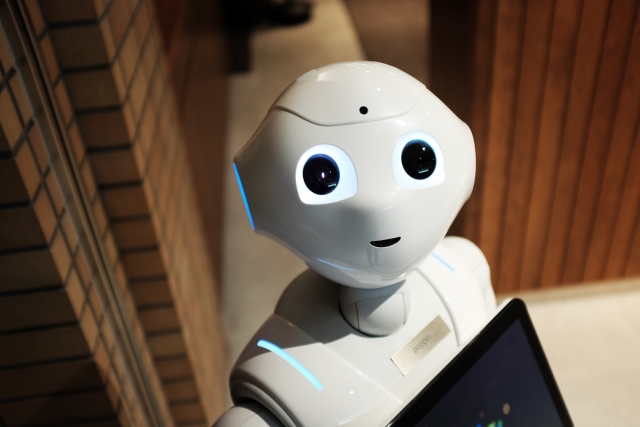The University Student Council wants VU to be more accessible, with controlled use of ChatGPT and bins for waste separation.
Mental health, blended learning, artificial intelligence, sustainability, accessibility, career guidance and the lottery system to select students for popular studies – those are the main themes in the policy plan the university student council (USC) has set out for this coming year. USC members outlined these themes last week in a meeting with representatives of different student organizations connected with VU.
App against intimidation
Some themes are prolongations of efforts made by the USC last academic year. For instance, the USC still hasn’t given up on the idea of introducing an app to make it easier for students to report instances of intimidation and harassment. The VU’s medical faculty seemingly successfully developed such an app, called #zouikwatzeggen [would I speak up, Ed.]. The VU’s executive board seemed to have some practical objections last year, but the USC is pretty adamant about it.
Student well-being is a high priority for the USC, which is concerned about the effect the upcoming budget cuts at VU will have on facilities like student psychologists.
Not impressed
Sustainability has been high on the USC’s agenda as well for the last couple of years. Last year, a plan to abolish disposable cups was implemented, this year the USC sets its sights on waste separation. The VU campus has only single waste bins to throw everything in.
Students don’t seem overly impressed by the efforts VU makes to help them find their way on the labor market once they get their diplomas. Career guidance amounts to not much more than advice on how to write a good resume, according to what was said during the meeting. Mailings concerning career guidance are considered spam by many students and left unopened. The USC want to address this issue the coming year.
Other issues related to education is blended learning, the combination of different educational tools and methods, different from “hybrid learning”, as one USC member pointed out. Accessibility is also still important, students still encounter thresholds, for instance when they have a disability or are neurodiverse.
Afraid of ChatGPT
Last year, the USC felt that VU didn’t sufficiently address the challenges and possibilities of artificial intelligence, so it decided to organize a gathering in 3D, the VU’s debate center, where people from all disciplines and fields of experience brainstormed about what AI means or can mean for VU.
This year, the USC continues fueling that debate. For example, the introduction of ChatGPT has immediate consequences for students, because many teachers will no longer give them take home exams, afraid they will have ChatGPT do all the work for them.
The USC thinks VU needs to let students make controlled use of ChatGPT. “ChatGPT is like heroin”, USC chair Guido Groenescheij said. “People will use it anyway, so you might as well help them use it in a way that’s beneficial for everyone.”
The USC will officially present their policy plan later this month, at a special gathering in the presence of the board of directors.
